A team of surgeons from Hawaii, Dr. Michael Bennett of Retina Institute of Hawaii and Dr. Michael McMann of McMann Institute, has successfully implanted the FDA-approved eye telescope, a first in Hawaii, at one of the leading medical centers in Honolulu. The first-of-kind telescope implant is integral to CentraSight™, a new patient care program for treating patients with end-stage age-related macular degeneration (AMD), the most advanced form of AMD and the leading cause of blindness in older Americans. It is the only medical/surgical option that improves visual acuity by reducing the impact of the central vision blind spot caused by end-stage AMD.
Smaller than a pea, the telescope implant uses micro-optical technology to magnify images, which would normally be seen in one’s “straight ahead” or central vision. The images are projected onto the healthy portion of the retina not affected by the disease, making it possible for patients to see or discern the central vision object of interest.
Patients with end-stage AMD have a central blind spot. This vision loss makes it difficult or impossible to see faces, read, and perform everyday activities such as watching TV, preparing meals, and self-care. The telescope implant has been demonstrated in clinical trials to improve quality of life by improving patients’ vision so they can see the things that are important to them, increase their independence, and re-engage in everyday activities. It also may help patients in social settings as it may allow them to recognize faces and see the facial expressions of family and friends.
“After decades worth of research and development, we finally have technology capable of restoring sight and visual function for patients suffering from chronic macular degeneration,” says Dr. Michael Bennett, Retina Institute of Hawaii. “This is a very exciting breakthrough both in medical history and for patients who never thought they would see again.”
The treatment program is generally coordinated by retina specialists who treat macular degeneration and other back-of-the-eye disorders. The treatment program focuses on comprehensive patient care, requiring prospective patients to undergo medical, visual, and functional evaluation to determine if they may be a good candidate. A unique aspect of the evaluation is the ability to simulate, prior to surgery, what a person may expect to see once the telescope is implanted to determine if the possible improvement will meet the patient’s expectations.
Dr. Bennett and Dr. McMann, a cornea eye surgeon, are one of the first teams to perform the surgery nationwide. As long time friends and colleagues, Dr. Bennett and Dr. McMann were both trained at Emory University, one of the pioneering Phase I and Phase II surgical centers for the implantable device. Their natural union combines the best of their collective retinal and cataract refractive skills. The telescope procedure is performed on an outpatient basis and is covered by Medicare. Post-implantation, the patient will learn how to use their new vision in everyday activities by working with Dr. Kellen Kashiwa, the regional CentraSight visual rehabilitation provider.
Patients and physicians can find more information about the telescope implant and related treatment program at www.CentraSight.com or by calling (888) 999-4134.



From urgent needs to cataract surgery, our centers across the islands are here to provide you with all the eye care services you need. Mahalo Lou for your kind words.
#TestimonialTuesday ... See MoreSee Less
0 CommentsComment on Facebook
With early diagnosis, monitoring, and today’s treatment options, many patients with AMD can continue to live active, independent lives.
February is a reminder that awareness, routine care, and early action matter. 👁️💙 ... See MoreSee Less
0 CommentsComment on Facebook
Lunar New Year is a time for fresh starts and bright possibilities. 🧧
As we welcome the new year, we’re honored to help our patients begin it with healthy vision and clear sight—today and all year long.
Happy Lunar New Year from our ʻohana to yours. ... See MoreSee Less
0 CommentsComment on Facebook
Your eyes do so much for you every day — this February, show them some love. 💖
Caring for your eyes helps protect your independence, confidence, and quality of life.
If you are experiencing dry eye, time for your annual exam, need a glaucoma screening or it's time for cataract surgery, we are here for you! ... See MoreSee Less
0 CommentsComment on Facebook
The right time for cataract surgery depends on how much your cataracts are affecting your daily life—not just what they look like on an exam.
You may be ready for surgery if you’re experiencing:
• Blurry or cloudy vision
• Difficulty driving, especially at night
• Trouble reading or seeing screens
• Glare or halos around lights
• Colors that look faded
Today’s cataract surgery is safe, advanced, and customizable—with laser cataract surgery, we can restore clarity and even reduce your need for glasses.
If your vision is interfering with the things you love, it may be time to explore your options. 👁️✨ ... See MoreSee Less
0 CommentsComment on Facebook
Your annual eye exam is not only good for your eye health but can often be the first to detect other health issues as well. If it's been over a year since you have had your eye exam, February is a great time to come in and see us!
Did you know we have a new location in Kailua? ... See MoreSee Less
0 CommentsComment on Facebook